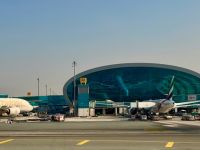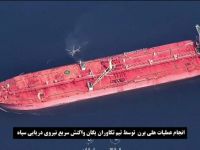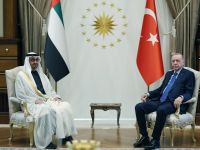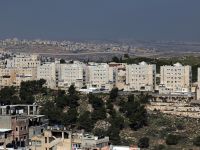For years, the United Arab Emirates has been planning to create a formal stock exchange to replace the over-the-counter system where shares are traded through banks and licensed brokers. This goal came to fruition on last Sunday, when the Dubai Financial Market (DFM) was officially inaugurated at its Dubai World Trade Centre premises. Dubai's share trading floor is projected to provide a much-needed spark to investor confidence in the UAE by presenting more transparent business and financial disclosure.
UAE share prices have been spiraling downward since peaking in late 1998. But brokers indicated that stocks on the over-the-counter market were steadily rising as confidence grew in anticipation of the launch of the DFM. This latest move will allow financiers to execute pricing deals much more smoothly, since quotes and trades for listed firms will be publicly displayed. Under the old system, brokers were bound to call one another to compare quotes. The market regulatory body will also enhance transparency by demanding greater financial disclosure; listed companies will be required to provide unaudited financial statements twice a year and audited reports on an annual basis.
At present, only eight firms are listed on the DFM. But many more are soon planned to follow suit, especially once a second trading floor opens in Abu Dhabi later this year. The two exchanges will be linked electronically to form a single market. Emirate officials are hopeful that the new financial tool will encourage local businesspeople to spend some of their wealth at home rather than invest overseas.
The next vital step will be to open investment to foreigners. While trading is presently restricted to UAE nationals, officials are pushing indigenous companies to offer up to 49 percent of class B shares, which carry no voting rights, to foreigners. For instance, Emaar Properties, a leading player in the local real estate market, is expected to lead to way. It has called an extraordinary general meeting of shareholders to seek approval for the sale of 20 percent of shares to non-nationals. Given the fact that Saudi Arabia has recently relaxed its foreign investment laws (allowing foreigners 100 percent ownership of local companies) and other Gulf States are anticipated to pass similar measures, the DFM faces strong pressure to offer equity to international investors.
The introduction of electronic trading floors in Dubai and Abu Dhabi should boost the UAE's overall economic performance in the present year. In light of these developments, the latest IMF forecast that the UAE economy will grow by at least 5 percent in 2000 (in real terms) appears attainable. As the number of companies listed on the DFM expands, the Emirates overall financial foundation should become even more solid. The market will soon open, at least partially, to foreign investors, thus providing them with the opportunity to benefit from these promising developments.
© 2000 Mena Report (www.menareport.com)







